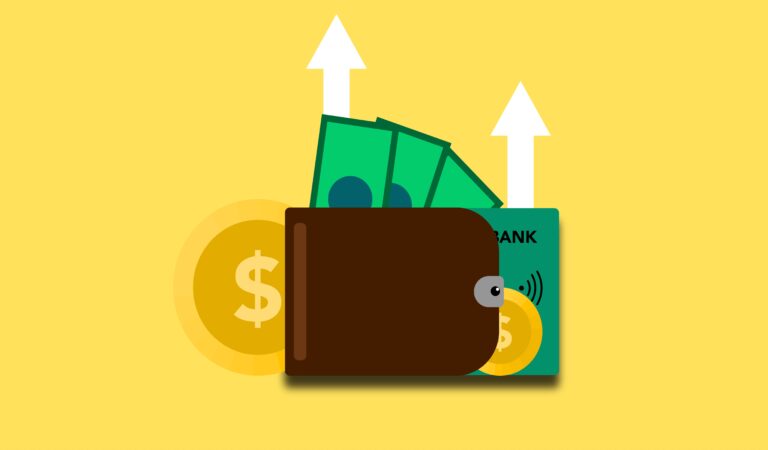Welcome to our comprehensive guide on how to calculate real estate prices. In this article, we will delve into the intricacies of determining property values in one of the world’s most vibrant real estate markets. Our expertise in the field empowers us to provide you with valuable insights and actionable steps to evaluate real estate prices accurately. Whether you’re a potential buyer, seller, investor, or simply curious about Dubai’s property market, this guide has you covered.
Table of Contents
Understanding the Dubai Real Estate Landscape
Dubai’s real estate market is a dynamic landscape characterized by its luxurious developments, architectural marvels, and cosmopolitan lifestyle. To navigate this market effectively, it’s essential to have a clear understanding of the factors that influence property prices.
Factors Influencing Real Estate Prices
When calculating real estate prices in Dubai, several key factors come into play:
Location, Location, Location
- Proximity to business hubs, entertainment centers, and amenities.
- The desirability of the neighborhood and its future growth potential.
- Access to transportation and main roads.
Property Type and Size
- Apartment, villa, townhouse, or penthouse.
- Square footage and the number of bedrooms and bathrooms.
Market Demand and Supply
- The balance between available properties and potential buyers.
- Market trends and shifts in demand.
Infrastructure and Development
- Nearby schools, hospitals, parks, and other essential infrastructure.
Economic Indicators
- Dubai’s GDP growth, employment rates, and overall economic health.
Calculating Real Estate Prices: Step by Step
Now that we’ve explored the factors at play let’s dive into the step-by-step process of calculating real estate prices in Dubai.
Step 1: Research and Data Collection (H2)
Before embarking on any real estate transaction, gather comprehensive data about the property and its surroundings. Consider the following:
- Recent sale prices of similar properties in the area.
- Rental rates for comparable properties.
- Local market trends and forecasts.
Step 2: Comparative Market Analysis
Perform a comparative market analysis (CMA) to assess how the subject property compares to recently sold or rented properties with similar characteristics. This analysis helps in determining a competitive price range.
Step 3: Adjustments and Valuation
Apply adjustments to account for differences between the subject property and comparable properties. Adjustments might include factors like size, condition, view, and amenities. The adjusted values provide a more accurate estimate of the property’s value.
Step 4: Seek Professional Appraisal
Consider hiring a certified appraiser to provide an expert evaluation of the property’s value. An appraiser takes into account various factors and provides an unbiased estimate.
Step 5: Online Valuation Tools
Utilize online valuation tools provided by reputable real estate platforms. These tools use algorithms and market data to provide preliminary price estimates.
Now, let’s break down the process of calculating real estate prices with a focus on accuracy and effectiveness.
Gather Property Information
To start, gather detailed information about the property, including its size, location, number of bedrooms, and any unique features.
Research Comparable Properties
Identify similar properties that have been recently sold or rented in the same area. Look for properties with similar characteristics to serve as benchmarks.
Calculate the Price per Square Foot
One common method is to calculate the price per square foot or meter of the property. Divide the property price by its total square footage to get this value.
Apply Adjustments
Consider property-specific factors such as renovations, upgrades, or drawbacks. Make adjustments to the calculated price based on these factors.
Consider Market Trends
Stay informed about the current real estate market trends in Dubai. Factors such as supply and demand can significantly impact property prices.
Consult Professionals
Engage with real estate agents, appraisers, and consultants. Their expertise can provide valuable insights and ensure a more accurate valuation.
Conclusion
In conclusion, calculating real estate prices in Dubai is a multifaceted process that requires a thorough understanding of the market and property specifics. By following the steps outlined in this guide, you can make informed decisions as a buyer, seller, or investor. Remember that seeking professional guidance is crucial for the most precise valuation.
FAQs about Calculating Real Estate Prices
Can I solely rely on online valuation tools?
While online tools offer quick estimates, they might not capture the nuances of the Dubai market. It’s advisable to combine their insights with expert opinions.
How often do property prices change in Dubai?
Property prices in Dubai can experience frequent fluctuations influenced by economic conditions and market trends.
Is property appreciation consistent across all areas?
No, different areas in Dubai experience varying rates of property appreciation due to factors like development projects and infrastructure.
What role does property size play in valuation?
Property size significantly impacts valuation. Larger properties generally command higher prices, but other factors also come into play.
How can I attract buyers if I’m selling a property?
Presentation matters. Highlight unique features, conduct necessary repairs, and consider professional staging to attract potential buyers.
Can I challenge a professional appraisal if I disagree?
Yes, you can provide additional information and data to challenge an appraisal, but it’s best to have valid reasons and evidence.
Accurately calculating property prices is paramount in the ever-evolving landscape of Dubai’s real estate market. You can make informed decisions that align with your real estate goals by considering the multitude of factors that influence valuation, conducting thorough research, and seeking expert opinions. Remember, the Dubai market rewards those who approach property valuation with diligence and insight.






